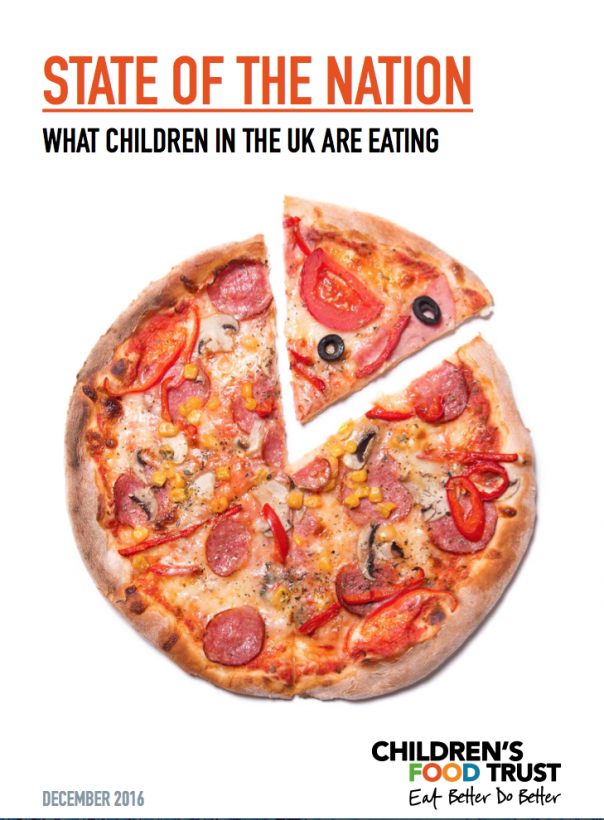CFT report warns about tackling children’s ‘sweet tooth’

In its first state of the nation report looking at how children in the UK eat today and the enormity of the task facing parents to get children eating more healthily, the Children’s Food Trust found many parents say they think their child has too much sugar as part of their everyday diet.
When asked ‘Does your child have too much sugar as part of their everyday diet?’, parents answered ‘yes’ for 50% of children. Cutting down on the sweets and chocolates and cakes and biscuits they buy, getting rid of sugary squash in the house and buying different breakfast cereals were the steps most parents wanted to take to cut down the amount of sugar their child has.
But when asked why they hadn’t already made those changes, more than one quarter of parents who wanted to take action said they were habits which are hard to change and almost one in five said their child would complain too much.
The charity’s CEO Linda Cregan says: “The good news is that as a country, we’ve taken the first step: we know we’ve got a problem. Parents don’t want to pass on to their kids the ravaging health effects of poor diet that this generation of parents is experiencing. So now we’ve got to make sure every part of society is doing its bit to change the food environment we’ve created.
“It’s an environment which makes it so difficult for children to understand what healthy means, and for parents to push back against pester power. Whether it’s less healthy treats from well-meaning friends and relatives, junk food in vending machines right outside the swimming pool changing rooms or sugary cereals with kiddie appeal on the lowest shelves at the supermarket – it’s our new normal and everywhere we turn, we’re sending confusing messages to children.
“The childhood obesity action plan took some welcome first steps but our state of the nation report shows we need to go much further if we don’t want the next generation to go through life plagued by poor health.”
In a poll of 2001 parents for its state of the nation by Opinium Research, the Trust found more than one third of parents (36%) say their children pester for products like sweets, chocolate, ice cream, crisps, fast food, and sugary soft drinks at least once a day, and it’s most likely to happen at the supermarket or while watching TV.
Crucially, around four out of ten parents said it’s difficult or very difficult to say no when their child is pestering for these sorts of foods.
Opinium Research conducted 2,001 online interviews with UK adults with a child aged 4-16 between 31st October and 4th November 2016.
